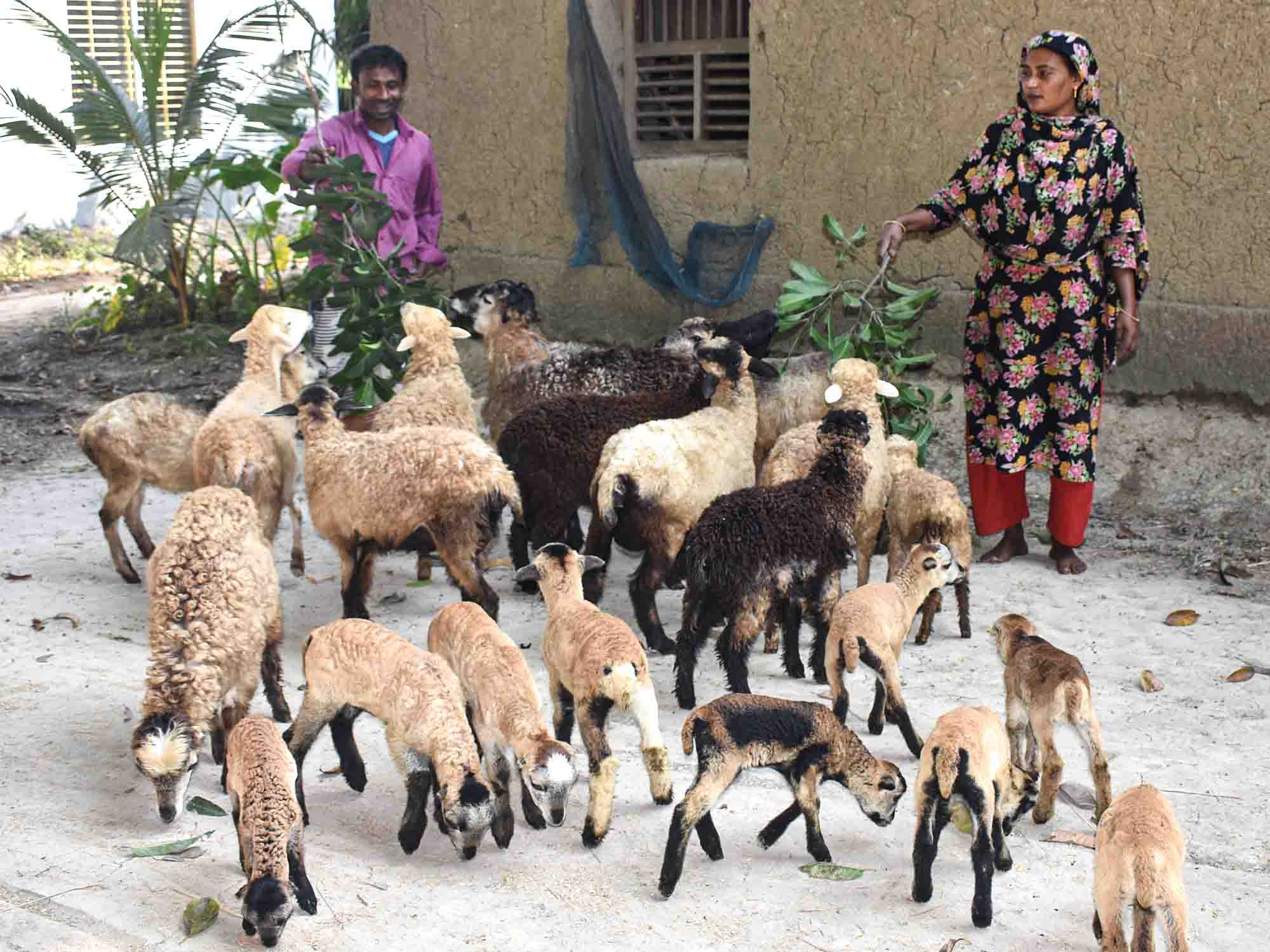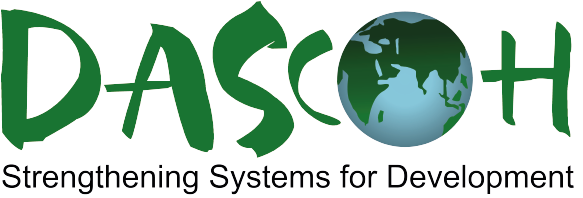Livelihood
Strategic Objective:
Improved livelihood for the poor and marginalised
Despite progress in a few areas, unemployment and stress on land remains a problem in the drought prone areas of the country. The recent pandemic has severely impacted our economy and livelihood systems. The decreasing rainfall, more challenging and costly agricultural practices, dependency on daily labour and lack of alternative employment opportunities, are leading people towards food insecurity and extreme poverty.
To address poor livelihood systems, DASCOH’s attention goes towards increased awareness and capacity building of the communities, climate adaptive agricultural diversification, promotion of local innovations in agriculture, expanding alternative agro-based livelihood options, value chain modifications and market linkages, and finally by integrating agriculture, livelihood and food security as an integral component of the Local Government’s development plans.
DASCOH’s approach is – after analysing the local context – to start building working relations with the CBOs working in the project area and ensuring that also the less poor and elite sections of the community participate in designing interventions; social inclusion and cultural discrimination are to be addressed, and Community Volunteers to be sensitised to work for the marginalised sections of the community. Local Government Institutions are involved as the main agencies responsible for addressing unemployment and poverty. Our interventions will focus on increasing farmers’ and families’ technical knowledge and skills, and working on entrepreneurship development. In this way, DASCOH will cope with the challenges to protect livelihoods of millions of vulnerable people including the non-poor that are on the brink of poverty.
The success indicators we use in our Sustainable Livelihood projects relate to:
· Increased household income
· Improved product-market linkages
· Increased employment opportunities for vulnerable households
· Number of self-employed households
· Number of beneficiaries trained on different climate adaptive agro-based or alternative livelihood skills
· Household’s food security ensured
· Improved livelihood systems is an integral part of the LGIs development plans
Check Out Our Project








